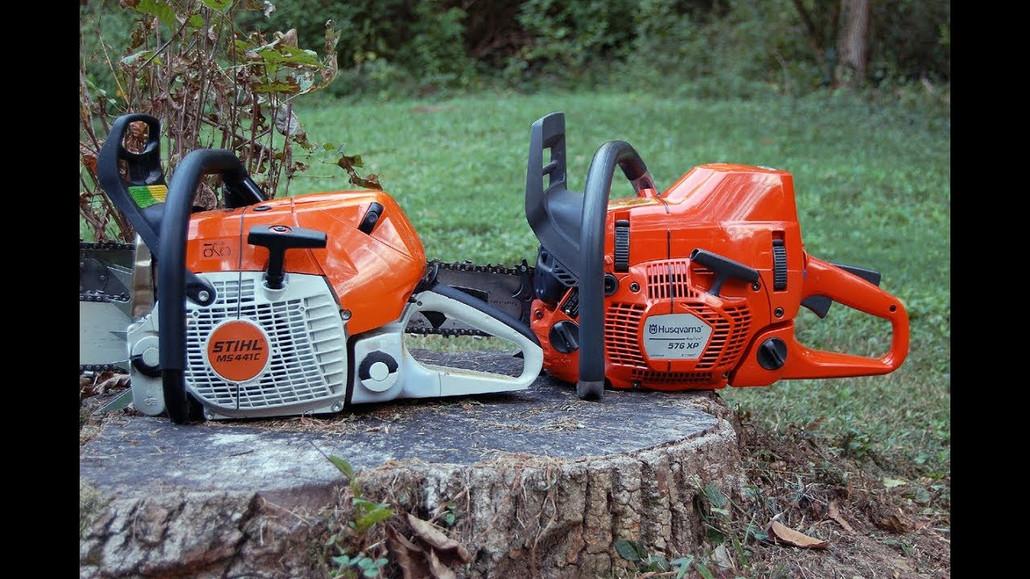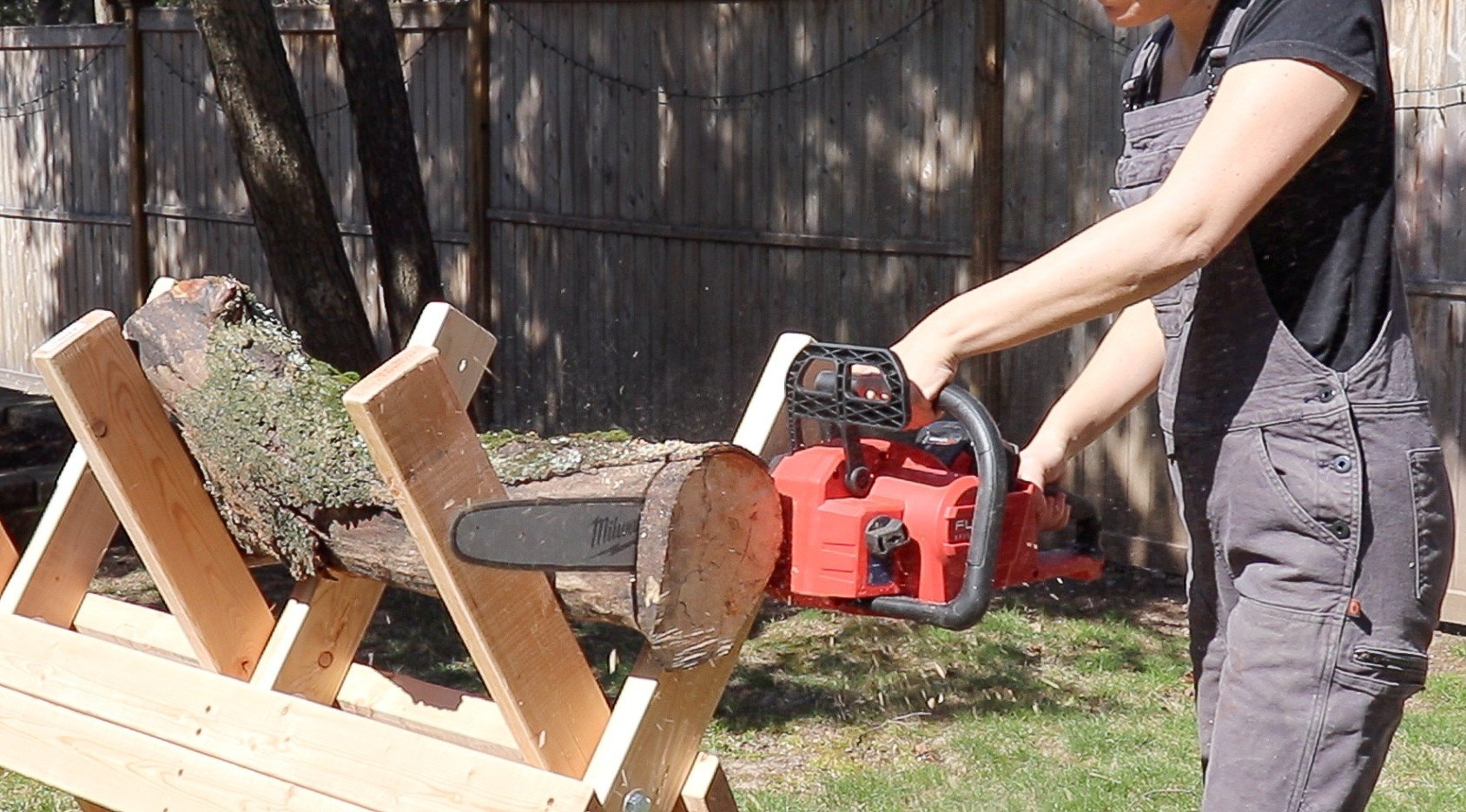When it comes to outdoor power equipment, two names often come up in discussions: Husqvarna and STIHL. Both brands are renowned for their quality and performance, making it essential to weigh the pros and cons of each before making a purchase. Whether you’re a homeowner or a professional landscaper, understanding the differences between Husqvarna vs STIHL can help you select the best tool for your needs.
Husqvarna is known for its innovative technology and user-friendly designs. Their chainsaws, trimmers, and other power tools are often lighter, making them easier to handle for extended periods. Many users appreciate the ergonomic design of Husqvarna products, which can reduce fatigue during long use sessions. Additionally, Husqvarna frequently incorporates advanced features, such as auto-tuning systems that help the machine adjust for optimal performance and fuel efficiency.
On the other hand, STIHL is celebrated for its durability and robust performance. STIHL products are often perceived as more heavy-duty, making them a favorite among professionals who tackle demanding jobs. The brand also boasts an extensive network of dealers and service centers, which can make maintenance and repairs more convenient. Moreover, STIHL prioritizes high-quality materials, ensuring their tools stand up to challenging working conditions, which is a vital factor in the Husqvarna vs STIHL debate.
Both brands offer a variety of models suitable for different applications, from casual gardening to professional landscaping. Price is another consideration; while Husqvarna may provide more budget-friendly options, STIHL's range of high-performance tools can justify their price point for someone needing reliability and power. Ultimately, the decision between Husqvarna and STIHL depends on your specific needs, priorities, and usage scenarios, making it crucial to assess which brand aligns better with your gardening goals.
Features to Consider for Your Needs
When deciding between Husqvarna and STIHL, there are several key features to consider that can help you choose the right tool for your needs. Both brands have their unique strengths, and understanding these can make all the difference in your outdoor tasks. First and foremost, consider the type of projects you'll be tackling. If you're a homeowner with occasional yard work, a lighter, easy-to-handle model from either brand may suit you well. However, if you're a landscape professional or need heavy-duty equipment, you might want to explore the more robust options they offer.
Another important feature to evaluate is the engine performance. Husqvarna vs STIHL models often have different engine designs, leading to various power outputs and fuel efficiency. If long run times without frequent refueling are a priority for you, pay close attention to each brand's specifications. Additionally, key factors like ease of starting and vibration control can enhance your overall experience. Both companies have invested in technology to reduce starting efforts and minimize user fatigue, so it’s worth checking customer reviews to see how they perform in real-world scenarios.
Durability and maintenance are also critical points to look at. Husqvarna tools are generally known for their ruggedness, while STIHL is often praised for its reliability and warranty options. When comparing Husqvarna vs STIHL, think about how often you plan to use the equipment and how much maintenance you're willing to perform. A tool that requires less frequent maintenance can save you time and effort in the long run, making it a more convenient choice for busy users.
Finally, don't overlook the available accessories and support services that each brand provides. Husqvarna and STIHL both offer a range of attachments and complementary tools that can enhance the versatility of your equipment. Additionally, their customer service and training resources can be a deciding factor, especially for first-time buyers. Taking these aspects into account will help ensure that you choose the right equipment that meets your needs in the ongoing debate of Husqvarna vs STIHL.
Performance Comparison of Both Brands
When it comes to the showdown of Husqvarna vs STIHL, performance is a critical deciding factor for many consumers. Each brand has carved a niche in the market, making it essential to dig into the specifics of what they bring to the table. Both companies have produced reliable and efficient tools, catering to different user needs and preferences.
Husqvarna is known for its innovative engineering and powerful engines, which often result in impressive cutting performance. Users frequently praise Husqvarna chainsaws for their ability to tackle tough jobs with ease, thanks to their sharp blades and robust build. Additionally, Husqvarna products tend to have a lightweight design, allowing for extended use without causing fatigue, which is a big plus for both professional landscapers and occasional users.
On the other hand, STIHL is renowned for its durability and longevity. Many users have reported that STIHL products can withstand rigorous conditions, making them a favorite among professionals who require dependable tools for heavy-duty jobs. The brand also offers a variety of engine sizes, making it easier for consumers to select a model that best fits their specific needs. Moreover, STIHL’s reputation for low emissions and fuel efficiency adds an extra edge, aligning well with environmentally conscious consumers.
In the Husqvarna vs STIHL debate, performance could ultimately come down to what the user values more. If cutting power and innovation are high on your list, Husqvarna may be the way to go. However, if you're looking for reliability and durability, STIHL might take the lead. Understanding these differences can help buyers make an informed decision that best suits their performance needs.
Value for Money in the Long Run
Both Husqvarna and STIHL are known for their exceptional build quality and reliability. Husqvarna products often boast advanced engineering that can lead to longer service intervals and less frequent repairs. Meanwhile, STIHL's commitment to performance means that their tools often require less maintenance while still delivering strong results. When comparing Husqvarna vs STIHL, consumers should consider how these factors affect long-term ownership costs.
Moreover, the resale value of equipment can significantly impact overall value for money. Generally, both Husqvarna and STIHL tools retain their value well over time. However, STIHL products tend to have a slightly higher resale value thanks to their reputation and market demand. This can make a noticeable difference if you decide to upgrade or sell your equipment in the future. Understanding these dynamics is essential when making a smart purchasing decision in the Husqvarna vs STIHL debate.
Finally, the availability of parts and support is another crucial aspect of long-term value. Both brands have extensive service networks, but STIHL often leads with a more robust dealer presence. This can ensure that you have easy access to parts and knowledgeable service professionals, which may translate to less downtime and lower costs in case of repairs. Therefore, when assessing the Husqvarna vs STIHL comparison, it's essential to factor in not only the purchase price but also the long-term benefits that come with each brand's commitment to quality and customer satisfaction.

